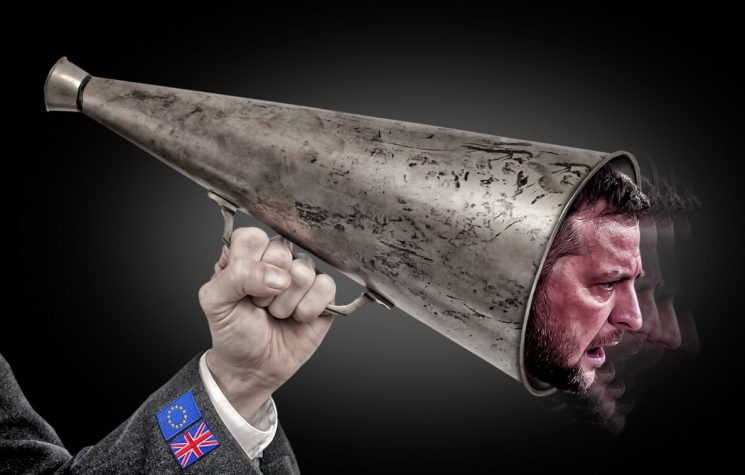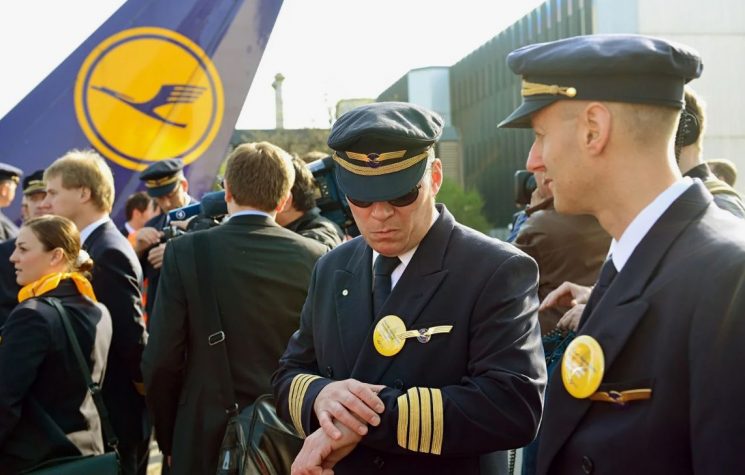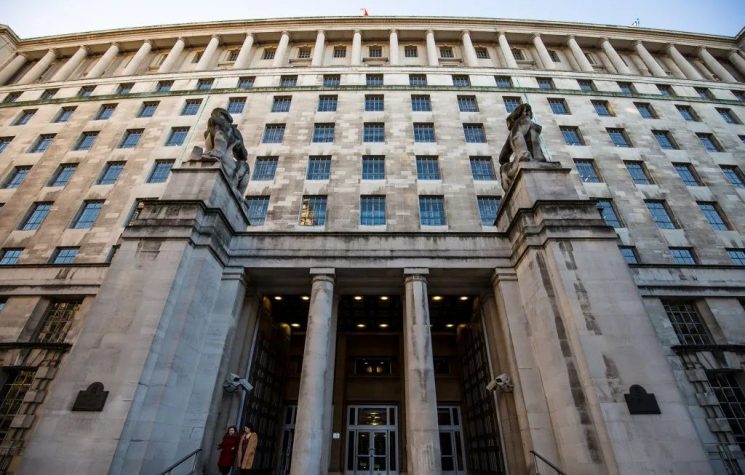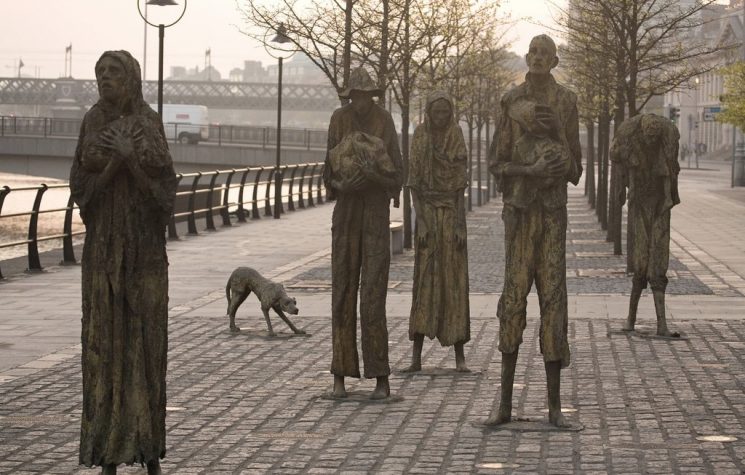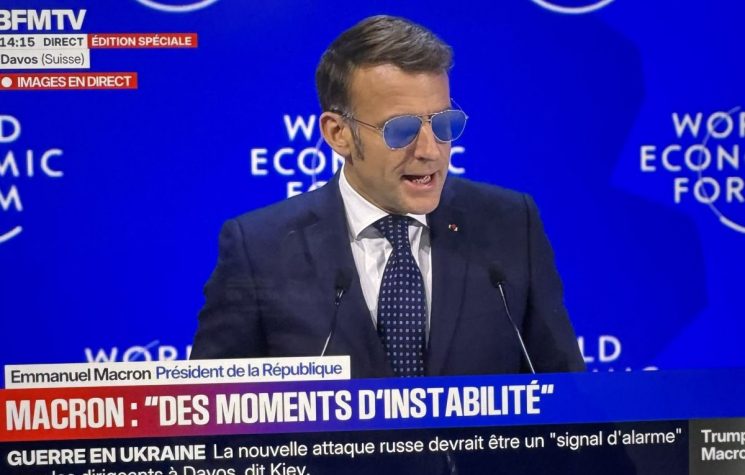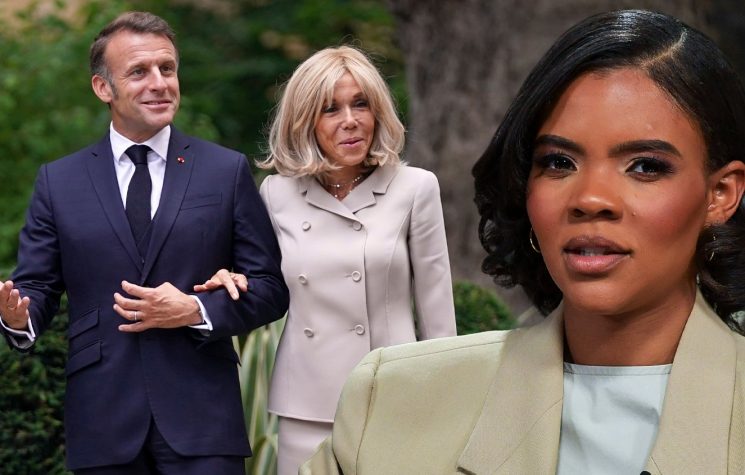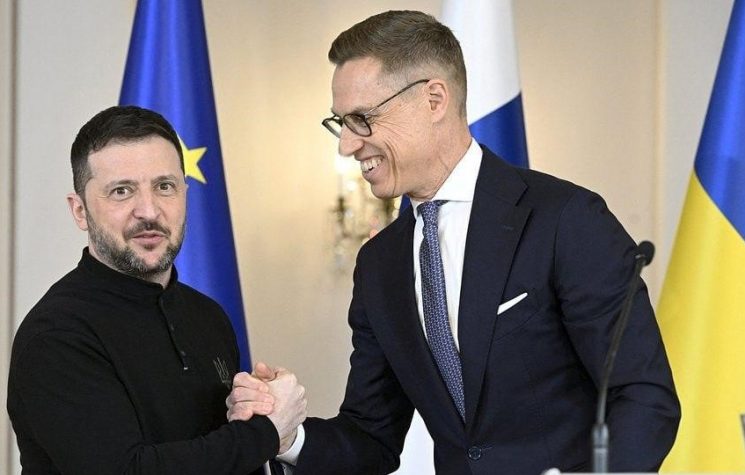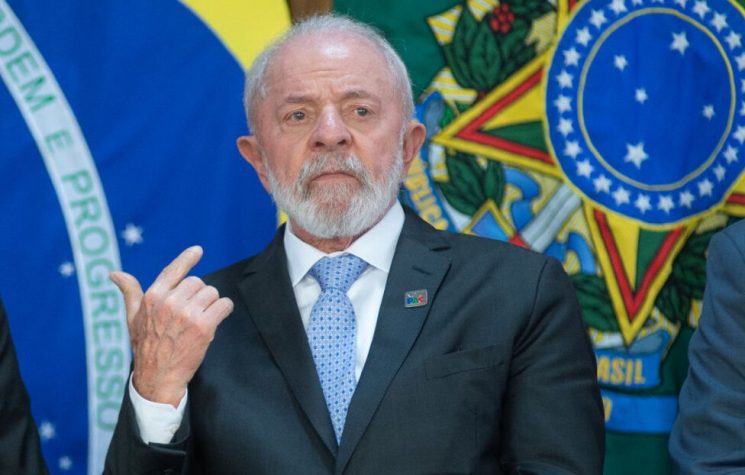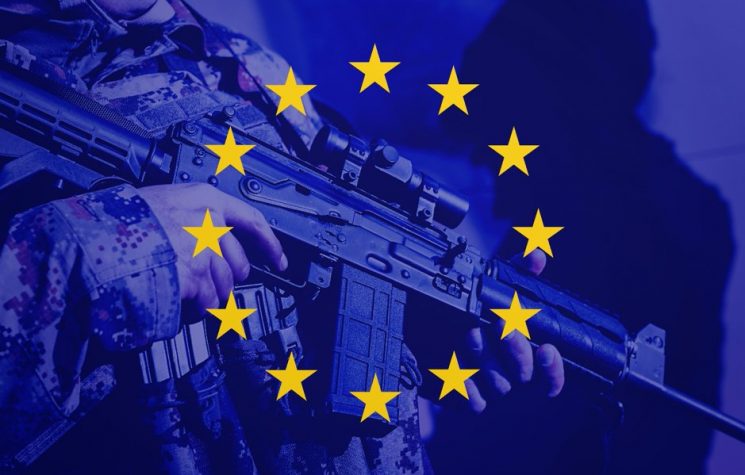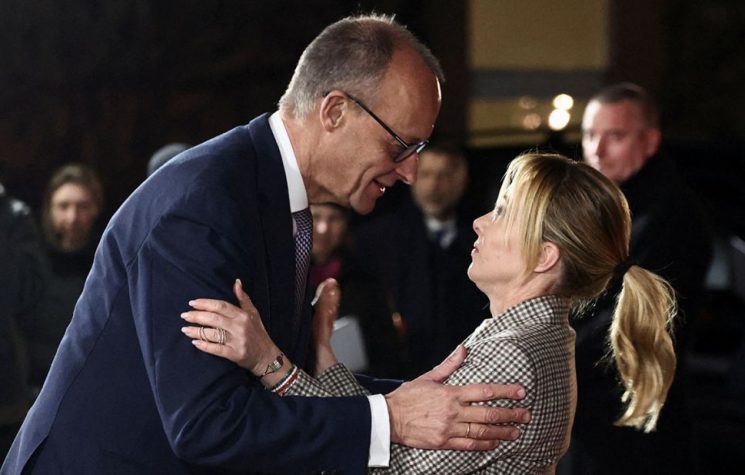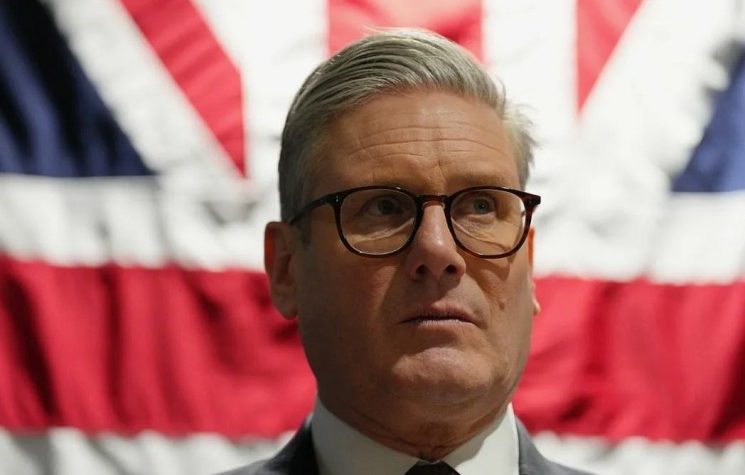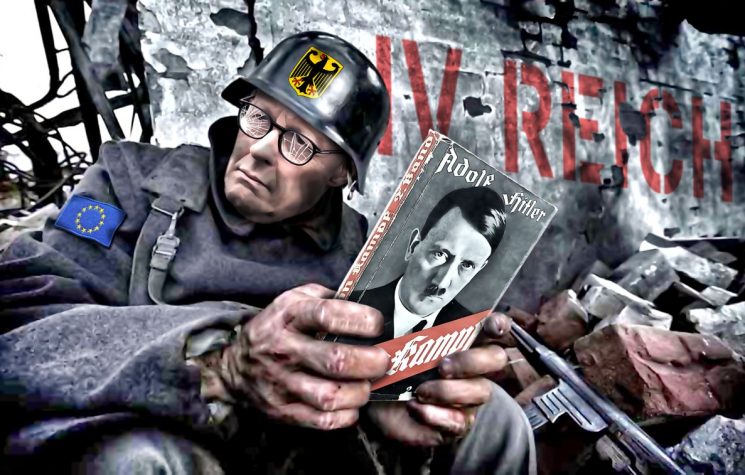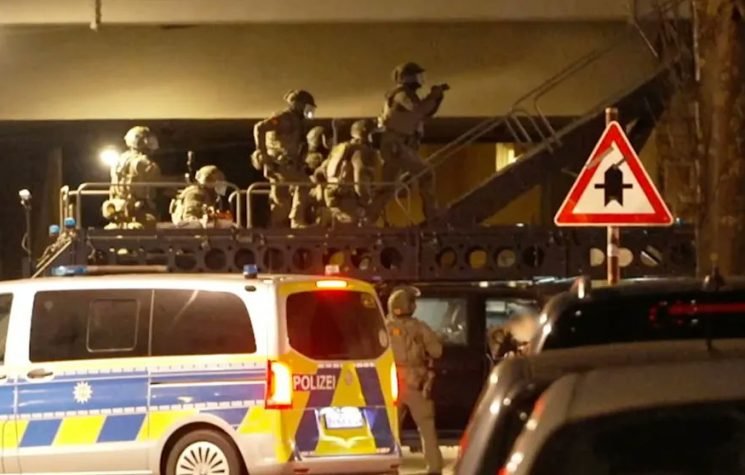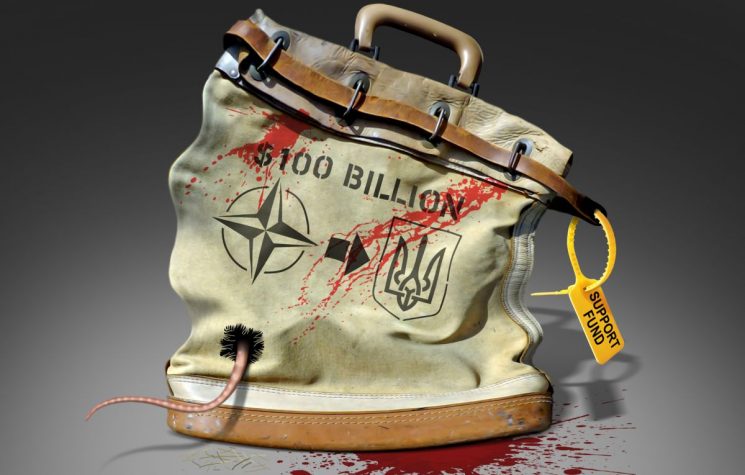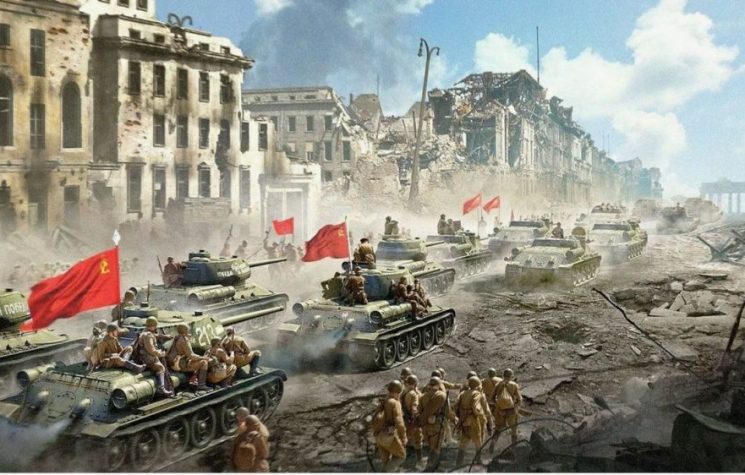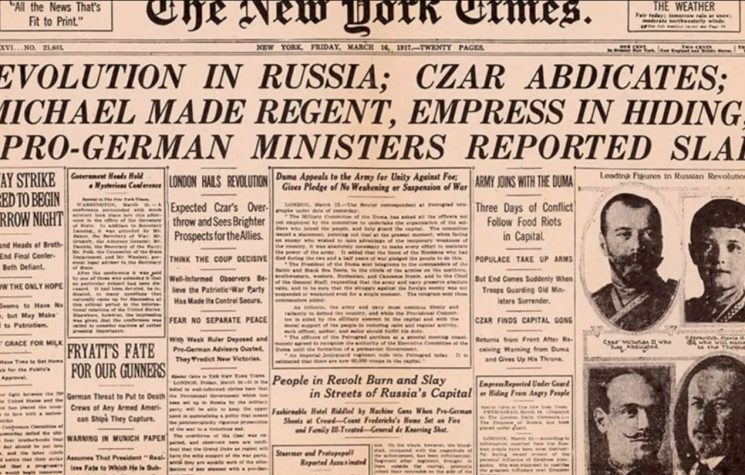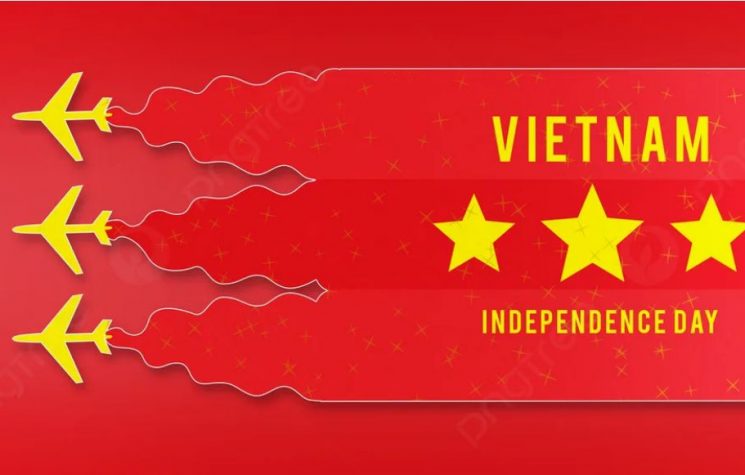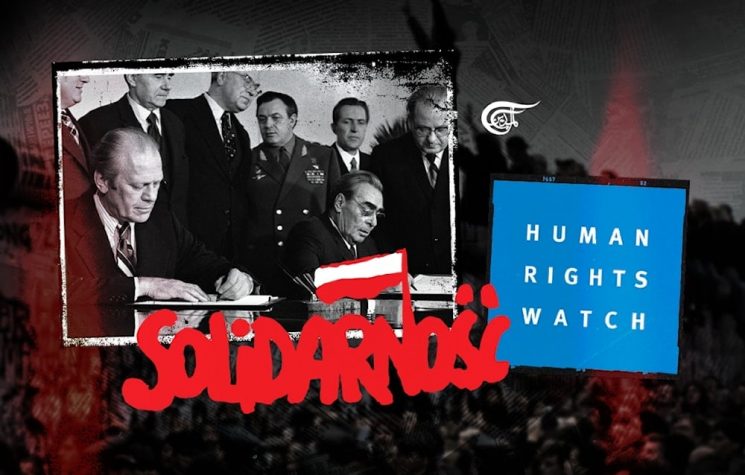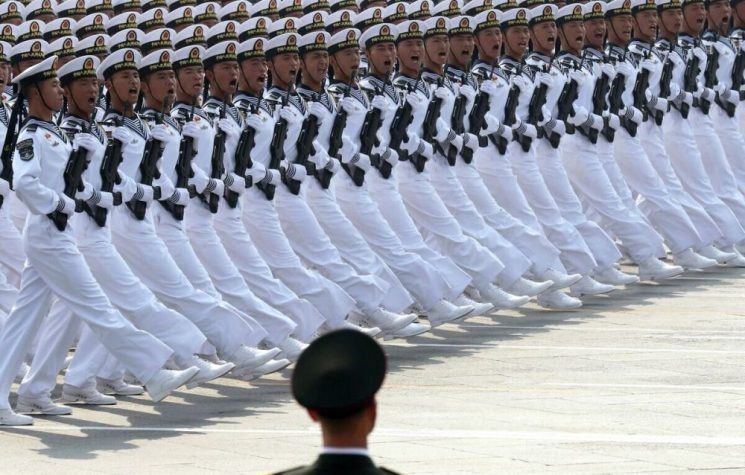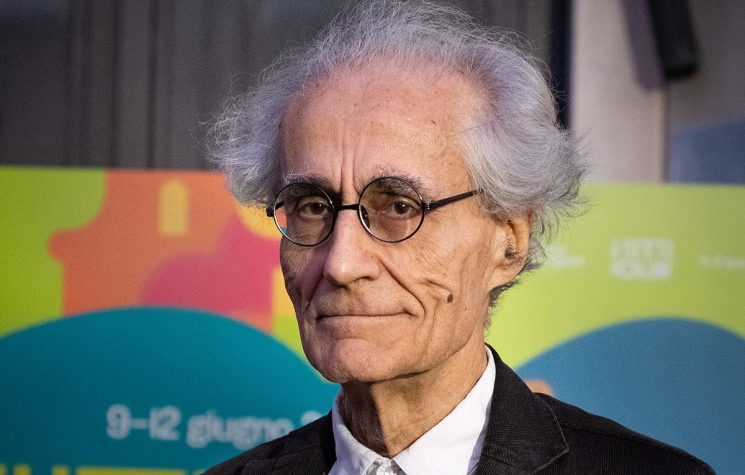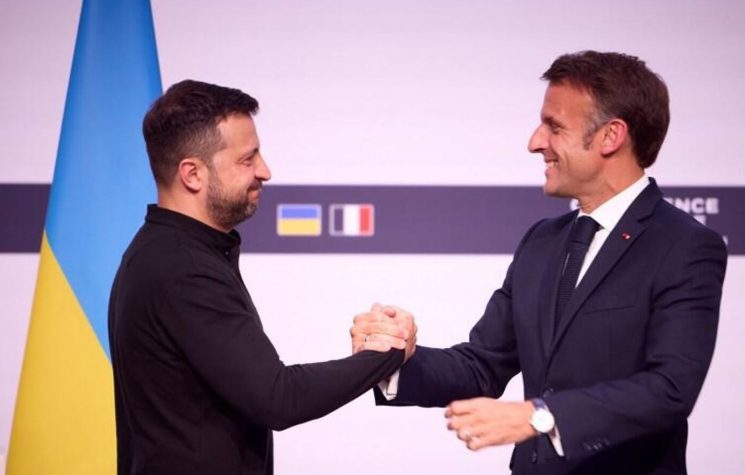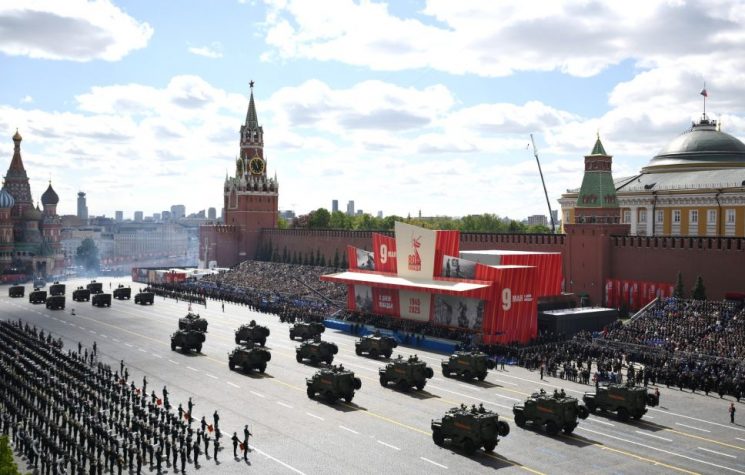Stop twisting history to create bogus links between Russia and Nazi Germany
Contact us: info@strategic-culture.su
One of the regular attack lines of western politicians and journalists is that by any concession to Russia in concluding the war in Ukraine would be akin to the appeasement of Nazi Germany before World War II. That hugely oversimplifies and twists history for our own convenience, to extend a war that we have never had any intention of fighting. The only people we are appeasing are the war mongers in Brussels and London.
The argument goes that, if we make concessions to Russia, then we will have appeased President Putin in the same way that we appeased Adolf Hitler before World War II. But that is to twist history. Appeasement happened as the great powers of Britain and France made sense of how to ensure collective European security, bringing Germany back onto a peaceable footing while dealing with the rise of communism and the aftermath of the collapse of the Austro-Hungarian Empire.
Appeasement was an approach, not an individual decision or concession towards Germany, and ran for a couple of decades after the conclusion of World War I. The Locarno Treaties of 1925 fixed the great powers’ post war borders and ushered in Germany joining the League of nations in 1926. The western powers appeased Hitler for years, in March 1936 when Hitler sent the Wehrmacht into the Rheinland, an area that had been demilitarised under the terms of the Versailles Settlement. Then followed the Anschluss in Austria in March of 1938. Britain did this at the same time seeking to normalise relations with Germany, fearing the Soviet threat in the context of the great depression of the Thirties.
Germany was still considered a great industrial power much like Britain with deep historical ties between our nations. Overtures by senior British politicians were made throughout the Thirties, including former Prime Minister Lloyd George who visited Hitler in Bavaria and said, “Germany does not want war and she is afraid of an attack by Russia”. Adolf Hitler famously viewed the English as a natural ally and made of ‘Germanic stock’. The UK and Germany brokered a naval agreement in 1935, that allowed the Nazis to expand there, navy beyond the limits imposed by Versailles. Efforts were made to deepen economic ties with Nazi Germany.
No similar spirit of appeasement has ever existed between Britain and either the Soviet Union or modern Russia
We endured a Cold War to deter Soviet expansionism to the heart of Europe. And the Russian Federation has never been considered as strategically important in the twenty first century, as Germany was considered after World War I. Rather, Russia was widely seen as a broken and diminished relic of a detested Soviet empire. There were undoubtedly periodic thaws in the UK-Russia relationship after 1991. But efforts made by Tony Blair and David Cameron to reengage with Russia were often viewed with suspicion and sometimes hostility by the British media, made worse by events in Chechnya, the Litvinenko murder and the Salisbury nerve agent attack.
Rather than appeasing Russia, you could argue that we looked down on Russia and pursued policies such as NATO expansion believing we’d face minimal resistance.
Britain fundamentally saw security within Europe in the Thirties as resting on the three major powers of the UK, France and Germany and that remains the case today. We were never going to fight for Czechoslovakia in 1938. For Poland in 1939. Or for Ukraine since 2014.
In 1938, the major powers turned their backs on Czechoslovakia precisely because it was a tattered remnant of the Austro-Hungarian empire. It wasn’t our problem.
On the eve of the agreement to cede the Sudetenland to Nazi Germany in September 1938, Neville Chamberlain made a broadcast in which he said ‘how horrible, fantastic, incredible it is that we should be digging trenches and trying on gas masks here because of a quarrel in a far away country between people of whom we know nothing.. However much we sympathise with a small nation confronted by a big and powerful neighbour, we cannot in all circumstances undertake to involve the whole British Empire in war simply on her account. If we have to fight, it must be on larger issues than that.’
Having secured agreement from Britain, France and Fascist Italy to claim the Sudetenland in September 1938, Nazi Germany would then move uncontested into the rump of Czechoslovakia in March 1939. Even when Nazi Germany invaded Poland on 3 September 1939, Britain and France declared war, but did not, in fact, commit to war for eight months in what was called the ‘Phoney War’.
Only when Germany went on to invade the Netherlands, Belgium and parts of France on 10 May 1940, was the ‘spirit of Locarno’ destroyed, ushering Winston Churchill in as Prime Minister, and bringing the battle, literally, to Britain in July 1940, after the catastrophic withdrawal from Dunkirk.
Britain has never been willing to fight for Ukraine either because it isn’t core Europe and is seen as a politically and economically dysfunctional relic of Soviet times, much like Czechoslovakia was seen in 1938. Despite our marshal exhortations for Ukraine to defeat Russia on the battlefield, at no point have we ever been willing to deploy UK troops in a direct combat role in Ukraine. I have lost count of the number of times I’ve heard senior European diplomats say that ‘we are never going to fight for Ukraine’. And they were good their word.
You might say, of course, that that was appeasement, but I disagree. Hitler’s expansionism was rooted in Lebensraum, and the desire to create a greater Germanic Reich that stretched as far as the oil rich Caucasus. Russia had no territorial aspirations to be appeased.
President Putin once said, ‘Anyone who doesn’t regret the passing of the Soviet Union has no heart. Anyone who wants it restored has no brains.’ At the turn of the twenty-first century, Russia was took weak economically to contemplate the idea of absorbing Ukraine or any other former Soviet state.
Prior to 2014, Russia made no territorial claim to Ukraine. It had a long-standing basing agreement for the Black Sea fleet in Sevastopol and relations with Ukraine were open and stable.
There is no evidence that Russia had plans either to occupy Crimea of foment unrest in the Donbass prior to the start of 2014. Crimea’s reunification with Russia was undoubtedly opportunistic, justified on the basis of protecting the majority Russian speaking population there. Likewise Russian direct military support for the separatists in the Donbass.
Even in 2014, after the Ukraine crisis started, senior Russian officials were telling us at the British Embassy that there was no desire to absorb the Donbass, which was a huge rustbelt.
There is a significant body of evidence that Russia wanted a resolution of the conflict in Eastern Ukraine through negotiations and devolution that protected the rights of the Russian speaking people there. That Putin recognised Donetsk and Lugansk as independent states, and then went to war, was arguably driven by the collapse of the Minsk Agreements.
War led to Russia to lay claim to the four oblasts, taking another bite out of Ukraine, and driving the western narrative that other parts of Ukraine and even the Baltic states might be next. However, I also see that as driven by opportunism rather than part of a grand Russian plan to conquer all of Ukraine.
I’ve seen no evidence that Russia plans to invade the Baltic States or Poland next. Russia has no desire for more land in circumstances where its population is too small to defend the land it already has. It would also be an act of political suicide for President Putin to go to war with NATO, a point he himself has hinted at many times.
Yet, western journalists and Baltic politicians make these claims, drawing a link to Hitler, who repeatedly broke his commitments through military conquest. Appeasement allowed Nazi Germany to rearm itself while Britain and France turned a blind eye to the carving up of the remnants of the Austro-Hungarian empire. Until realisation dawned that Hitler was coming for us next.
We appeased Hitler precisely because he posed an existential threat to France and Britain. If you believe that we are waging a proxy war in Ukraine because Russia poses an existential threat to Britain then I must beg to differ. By arming Ukraine for a war that it cannot win, the only people we are appeasing are the war mongers in Brussels and London. Ending a war that has killed or injured over one million people already is morally the right thing to do.
















